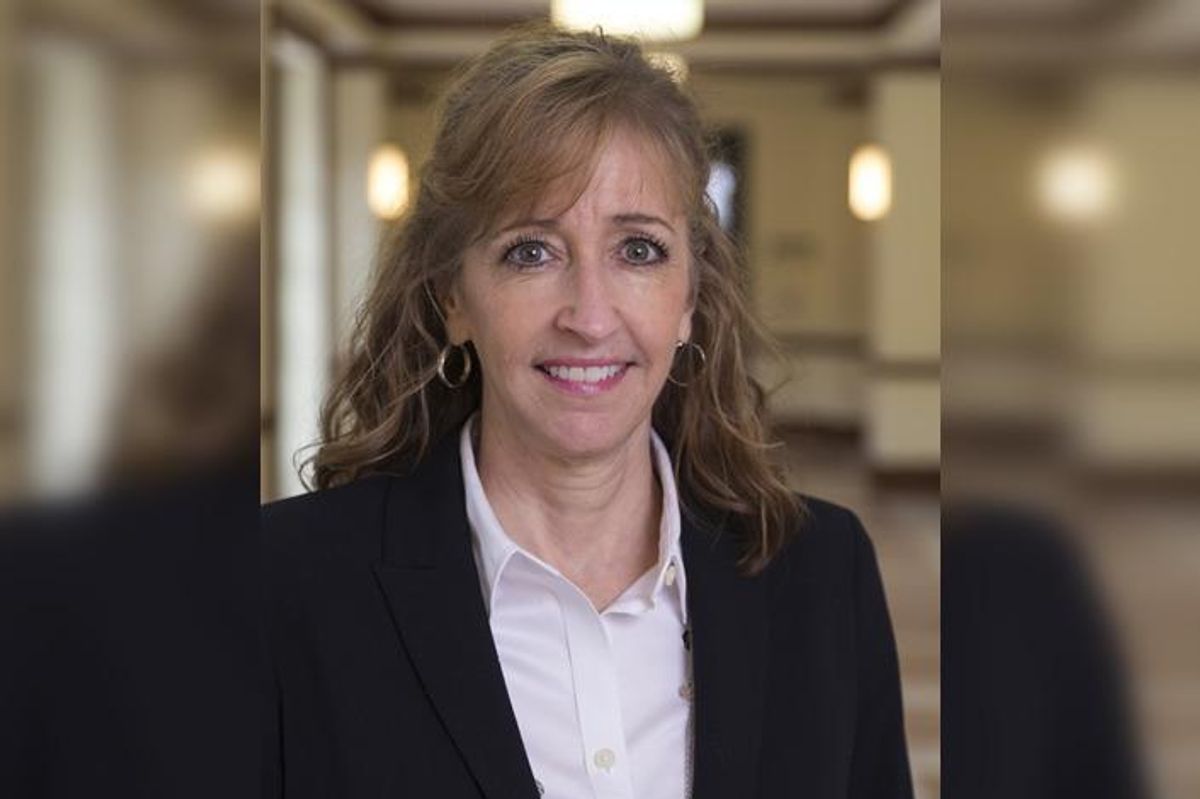A clean energy program has announced its third cohort and named the 15 startups that were accepted into to the accelerator.
The Rice Alliance's Clean Energy Accelerator revealed its 2023 cohort that will be in the 10-week program that kicks of July 25. CEA, a hybrid program based out of the Ion, will wrap up with a Demo Day alongside the 20th Annual Rice Alliance Energy Tech Venture Forum on September 21.
The accelerator, led by Kerri Smith and Matt Peña, provides the cohort with programming, networking, and mentorship from six executives in residence — Nathan Ball, Fatimah Bello, Michael Egan, Michael Evans, Stephen Sims, and Deanna Zhang.
Since the Clean Energy Accelerator launched in 2021, the program has supported 29 ventures that have gone on to raise over $75 million in funding, identified and launched pilots, and created jobs, According to Rice, many of these companies relocated to Houston.
Class 3, which has already raised $23.3 million in funding, hails from four countries and seven states and are addressing a range of energy solutions — from advanced materials, carbon management/capture, energy storage, hydrogen, solar energy, wind energy, and more. They were selected by a screening committee consisting of more than 50 industry experts, investors, energy leaders, and entrepreneurs.
The third class, as announced by Rice Alliance, is as follows:
- Ayrton Energy, based in Alberta, Canada, provides hydrogen storage technology that improves hydrogen transport logistics for distributed energy applications.
- Headquartered in Massachusetts, Carbix transforms atmospheric carbon dioxide emissions into building materials using proprietary reactor technology.
- Houston-based CryoDesalination lowers the carbon footprint and cost of removing salts and heavy metals from water and industrial effluents.
- Digital Carbon Bank, based in Alberta, Canada, provides a carbon solution tailored for the energy industry.
- Chandler, Arizona-based EarthEn provides compressed carbon dioxide-based energy storage and artificial intelligence solutions allowing grid owners/operators to be completely renewable.
- H Quest Vanguard, from Pittsburgh, provides green hydrogen at a five to 10 times lower cost to users of natural gas to decarbonize industrial heat.
- Calgary, Alberta-based Highwood Emissions Management's SaaS platform allows oil and gas companies to understand their emissions and develop robust plans to reduce them.
- Icarus RT, from San Diego, California, improves photovoltaic efficiency while enabling useful heat energy storage.
- Los Altos, California-based Khepra has developed a chemical manufacturing platform for the low-cost, sustainable production of agrochemicals.
- Binghamton, New York-based Natrion’s electrolyte is a drop-in solid-state battery component that can be rapidly implemented into existing batteries.
- Oceanways, based in London, provides low-cost, flexible and scalable zero-emission underwater "virtual pipelines" to energy producers.
- Relyion Energy, from Santa Clara, California, is developing battery usage and intelligence solutions with deeper data and insights for retired electric vehicle batteries.
- Massachusetts-based Triton Anchor provides a more cost-effective anchoring solution for offshore clean energy with minimal environmental impact.
- TROES, from Markham, Ontario, provides a 4-in-1 microgrid solution with integrated hardware and software for a streamlined energy storage experience.
- Mexico City-based Tycho Solutions supports clean energy project developers by saving time and money during the critical project-siting process.






